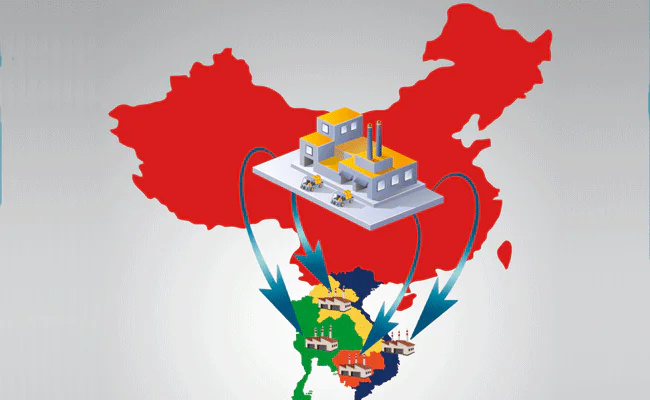India has struggled to leverage the opportunities offered by the China Plus One strategy, according to a recent report by NITI Aayog. While global trade in 2024 remains deeply influenced by geopolitical shifts, the report highlights that India faces significant hurdles in positioning itself as a viable alternative to China.
Countries such as Vietnam, Thailand, Cambodia, and Malaysia have surged ahead, attracting companies seeking to diversify their manufacturing operations. The report states, “India has seen limited success so far in capturing the China Plus One strategy. Vietnam, Thailand, Cambodia, and Malaysia have become bigger beneficiaries of the strategy.”
The success of these nations stems from factors such as cheaper labor, streamlined tax systems, lower tariffs, and proactive trade policies, including Free Trade Agreements (FTAs). These advantages have given them a clear edge over India.
Despite these challenges, the report underscores that India remains a promising destination for multinational corporations, particularly in high-tech industries. However, regulatory hurdles, high costs, and logistical inefficiencies have slowed India’s progress.
Adding to the complexity is the risk of China dumping goods into Indian markets, which could harm domestic industries. “India has to navigate the disruptions in the global supply chain and be wary of China dumping its products in Indian markets. On the other hand, India is seen as an attractive destination for companies looking to shift their manufacturing bases out of China,” the report said.
The ongoing U.S.-China trade war has exacerbated the fragmentation of global supply chains. With the U.S. imposing stricter export controls and higher tariffs on Chinese goods, production costs have risen, pushing businesses to explore alternatives. While this opens doors for India, it also adds pressure to adapt swiftly to the changing dynamics.
Also read: ‘Sukhbir Badal Assassination Attempt Khalistani Plot’, SAD Demands NIA Inquiry
To fully capitalize on the China Plus One strategy, NITI Aayog recommends that India focus on improving ease of doing business, strengthening its manufacturing capabilities, and participating actively in global trade agreements. The report concludes that seizing these opportunities is crucial for India to emerge as a key player in the global supply chain realignment.





















